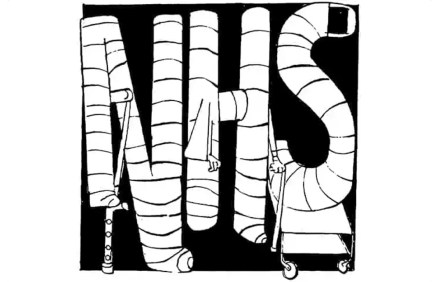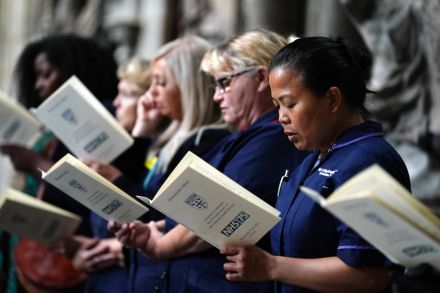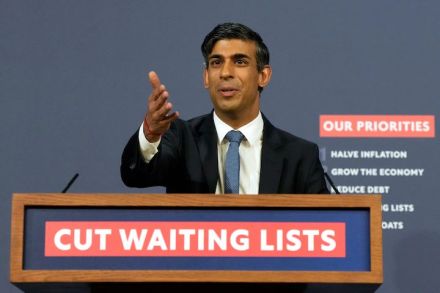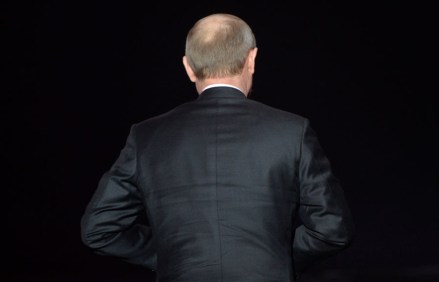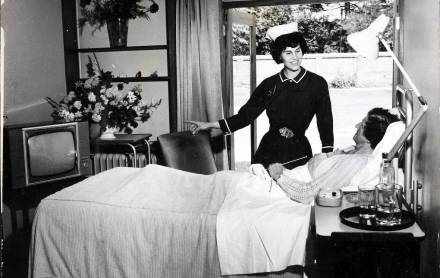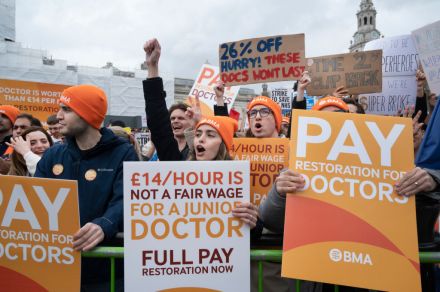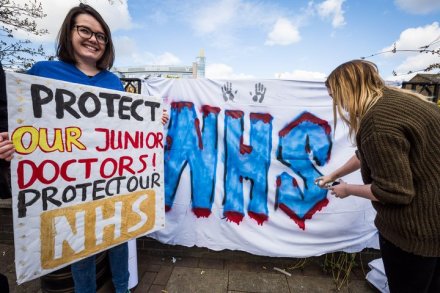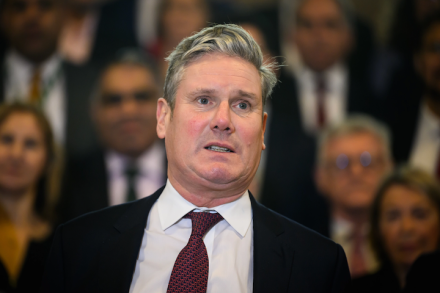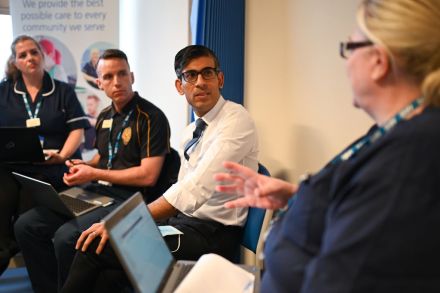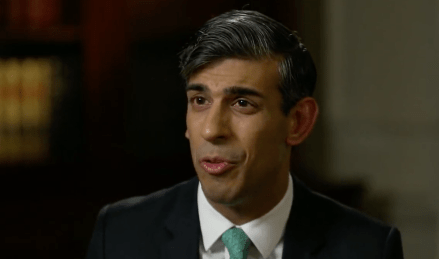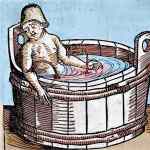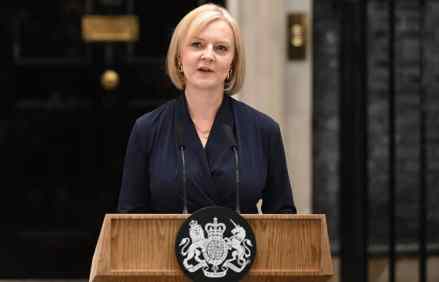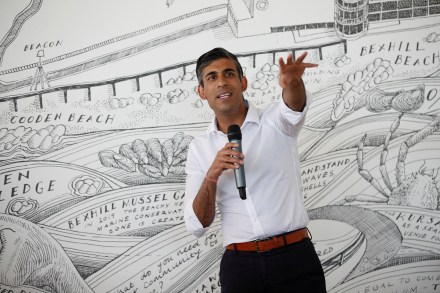Letters: How to reform the NHS
How to reform the NHS Sir: During the pandemic I and millions of others went out every week and clapped for the NHS (‘National health disservice’, 8 July). But if you’ve experienced it lately, it’s a dystopian nightmare. Appointments regularly cancelled, paperwork missing, 1950s administration. It appears the only thing being managed at the NHS is its decline. A working group of trusted business leaders should consider ‘best practice’ at excellent private and public hospitals in the UK and across Europe, and implement reform of the service immediately. The Tories don’t have the bottle or anyone with the talent to get this under way. All the reform talk is coming
